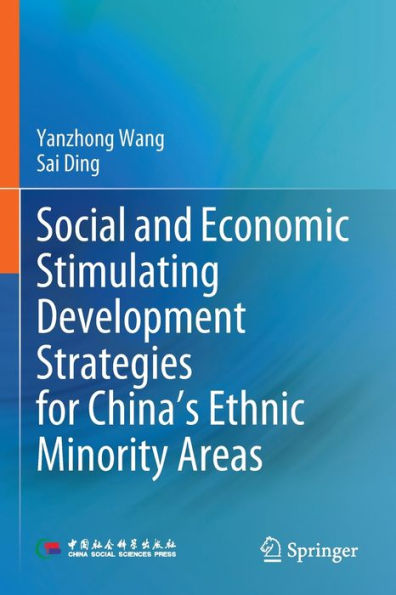Home
Disaggregating China, Inc.: State Strategies the Liberal Economic Order
Barnes and Noble
Disaggregating China, Inc.: State Strategies the Liberal Economic Order
Current price: $52.95


Barnes and Noble
Disaggregating China, Inc.: State Strategies the Liberal Economic Order
Current price: $52.95
Size: Hardcover
Loading Inventory...
*Product information may vary - to confirm product availability, pricing, shipping and return information please contact Barnes and Noble
Set in the aftermath of China's entry into the World Trade Organization,
Disaggregating China, Inc.
questions the extent to which the liberal internationalist promise of membership has been fulfilled in China.
Yeling Tan unpacks the policies that various Chinese government actors adopted in response to WTO rules and shows that rather than disciplining the state, WTO entry provoked a divergence of policy responses across different parts of the complex party-state.
Tan argues that these responses draw from three competing strategies of economic governance: market-substituting (directive), market-shaping (developmental), and market-enhancing (regulatory). She uses innovative web-scraping techniques to assemble an original dataset of over 43,000 Chinese industry regulations, identifying policies associated with each strategy. Combining textual analysis with industry data, in-depth case studies, and field interviews with industry representatives and government officials, Tan demonstrates that different Chinese state actors adopted different logics of adjustment to respond to the common shock of WTO accession. This policy divergence originated from a combination of international and domestic forces.
breaks open the black box of the Chinese state, explaining why WTO rules, usually thought to commit states to international norms, instead provoked responses that the architects of those rules neither expected nor wanted.
Disaggregating China, Inc.
questions the extent to which the liberal internationalist promise of membership has been fulfilled in China.
Yeling Tan unpacks the policies that various Chinese government actors adopted in response to WTO rules and shows that rather than disciplining the state, WTO entry provoked a divergence of policy responses across different parts of the complex party-state.
Tan argues that these responses draw from three competing strategies of economic governance: market-substituting (directive), market-shaping (developmental), and market-enhancing (regulatory). She uses innovative web-scraping techniques to assemble an original dataset of over 43,000 Chinese industry regulations, identifying policies associated with each strategy. Combining textual analysis with industry data, in-depth case studies, and field interviews with industry representatives and government officials, Tan demonstrates that different Chinese state actors adopted different logics of adjustment to respond to the common shock of WTO accession. This policy divergence originated from a combination of international and domestic forces.
breaks open the black box of the Chinese state, explaining why WTO rules, usually thought to commit states to international norms, instead provoked responses that the architects of those rules neither expected nor wanted.

















